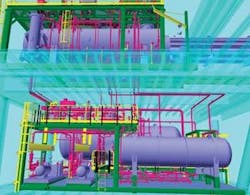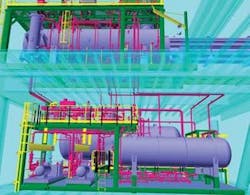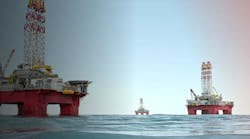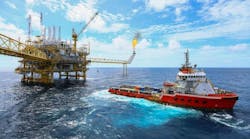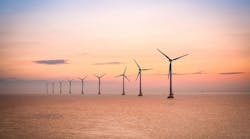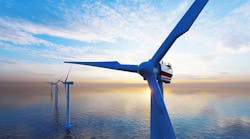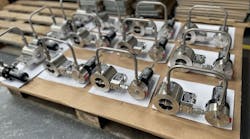Deepwater development is picking up pace, increasing the demands on process systems designers. Each project brings different challenges in terms of gas/crude/water composition, materials specifications, and topsides space constraints.
Aker Process Systems SAS has recently delivered gas treatment/separation modules for three new West African FPSOs. Currently it is working on gas dehydration systems for existing developments in North Africa and the Middle East.
The company, based in Paris, is one of five divisions of the Norwegian-owned group actively involved in upstream process engineering. At headquarters in Lysaker, Norway, the focus is on produced/injection water handling systems. Other specialist centers are in Aberdeen (separation); Copenhagen (vapor recovery); and Calgary (heavy crude treatment).
When Executive Vice-President Lionel Waintraub and Managing Director Chantal Rigaill joined the branch in France in 2006, the offshore market was starting its steep upward curve. This is reflected in the number of full-time engineers, which has grown from seven to 30, the new team mostly recruited in France.
The facility in eastern Paris has also expanded, as have the range of technologies under development, some originating from Norway. Its main expertise lies in space and weight-saving electrostatic coalescers to enhance separation performance; glycol gas dehydration/regeneration; and gas sweetening processes based on amine solvents.
Offshore Congo, Total is close to starting operations at the Moho Bilondo field in water depths of 600-900 m. Aker Process Systems SAS designed and supplied the three-phase separation train and gas dehydration system for the floating production unit (FPU), a contract that took one year to complete. The FPU is also configured for water injection.
The separation train must handle throughput of 90,000 b/d. There is no storage onboard the FPU - following removal of the gas, the effluent of crude and water are sent by pipeline to the onshore terminal in Djeno.
According to Waintraub, the main design challenges concerned the oil/water separation, and the crude’s very high emulsion tendency, which brings the risk of naphthanates formation. “Because of this, and the fact that the FPU is moving, we had to design more sophisticated internals than normal for this type of equipment.” Manufacturing was handled by Aker Solutions in Malaysia for the project’s main contractor, Hyundai Heavy Industries (HHI).
Waintraub’s team also supplied the separation train for Total’s Akpo FPSO offshore Nigeria. HHI built the hull and topsides, with Technip as prime contractor.
“Akpo has huge processing capacity of up to 200,000 boe/d,” says Waintraub. “Our equipment, which includes electrostatic desalters, provides three-phase separation of oil and gas. The oil is relatively light, but there is quite a lot of gas, most of which will be injected.
“Our separation vessel is 5 m (16.4 ft) in diameter and 20 m (65.6 ft) long, which is large even for floating production. However, Total imposed a severe operation performance of 0.5 BS&W crude delivery. HHI has been assembling our equipment in modules in Ulsan.”
Offshore Angola, the company delivered separation equipment and desalters last September to Saipem for Sonangol’s Gimboa field FPSO. This vessel should enter service shortly, following commissioning in Dubai. Here the requirements are again quite severe, says Waintraub – separation at 0.3 BS&W, with the desalters designed to reduce the remaining salt content in water produced with the crude from 0.7% to 0.1%.
Elsewhere, the company has another contract from HHI to design and supply an all-inconel gas dehydration module to Adma Opco’s Umm Shaif field offshore UAE. This order, due for delivery by the end of this year, will take 18 months to complete, because the large quantity of solid Inconel, as well as being expensive, requires appropriate welders and manufacturing processes. Use of this exotic material will become more common, Waintraub says, following a recent recommendation from corrosion standards group NACE that stainless steel should no longer be considered for numerous applications.
Offshore Tunisia, BG is re-vamping its Miskar platform to accommodate new gas dehydration equipment. “The existing system had to be changed,” Waintraub explains, “because the gas composition had changed over time, becoming heavier and hotter.” Aker Solutions Process Systems SAS is supplying two stainless steel glycol regeneration systems.
“For us it’s not a routine job, as we must go onto the platform to remove existing components. Here the main challenges are sizing the equipment to fit with the higher duty glycol rate and purity, and the sophisticated internals.”
